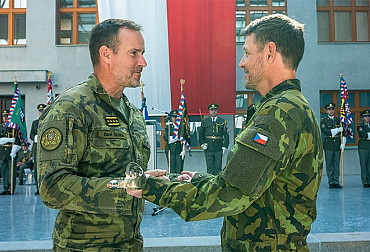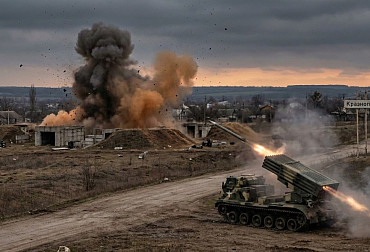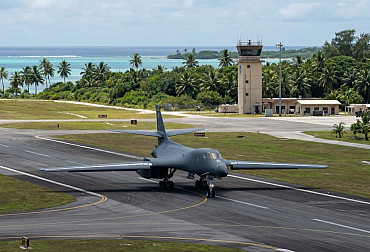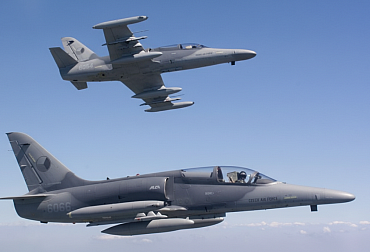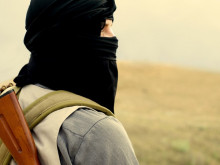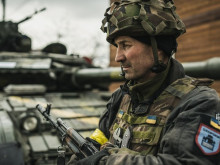Colonel Otakar Foltýn: Aggressiveness of the Russian Empire concerns not only Ukrainians, but also us
Colonel Otakar Foltýn, an expert on international law and hybrid conflicts, who now works in the Military Office of the President of the Republic, recently visited Ukraine together with representatives of Post Bellum. The aim of this trip was, among other things, to hand over material support to the Ukrainians from a humanitarian collection (which raised a total of CZK 4.5 million). During his visit, Colonel Foltýn also met with Ukrainian soldiers, with whom he visited the frontline in the Donetsk region, where he brought them a Czechoslovak flag stained with the blood of Czechoslovak citizens wounded during the invasion of Warsaw Pact troops in 1968. The Ukrainians then added ribbons to the flag to show their gratitude to the Czechs for their help to Ukraine. What were his immediate feelings about his visit to Ukraine? How are Ukrainian civilians bearing the war? Are the Russians still committing war crimes in Ukraine? What does Ukraine currently need? What will be the next developments on the Ukrainian battlefield? These are not the only questions we asked Colonel Foltyn in the following interview.
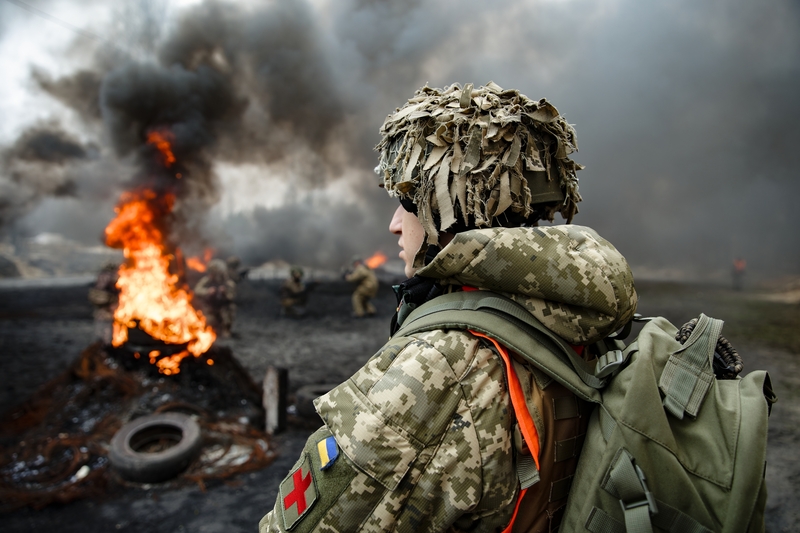
What was the purpose of your trip to Ukraine?
Apart from transporting humanitarian aid, it was mainly to symbolically bring the flag of 21 August 1968, which was used to cover the victims of the Russian invasion at the radio station. We wanted to draw attention to the fact that the aggression of the Russian empire affects not only Ukrainians, but also us. We could not defend ourselves in August 1968, but the determination of ordinary citizens standing with their bare hands against the Russian tanks was the same. The Ukrainians understood this very well and the respect they showed to our flag stained with the blood of fallen Czechs was touching.
What is the mood/atmosphere on the front?
I have very mixed feelings. On the one hand, the surprising bravery of the Ukrainians, which is ongoing and unbreakable without exaggeration. On the other hand, I have not been able to answer their constant questions as to why we Europeans do not give them more weapons. It was clear that they do not understand why, when they risk their lives, we are not prepared to make financial sacrifices.
The war in Ukraine has been going on for almost two years now. Have the crimes committed by the Russian army changed in any way?
It is necessary to distinguish between the different phases. In the first one, in which the Russian army tried to give Ukraine a strategic shock, Russian soldiers did not commit war crimes on a large scale. It is therefore clear that the Russian command was able to maintain discipline at such a level that violations of the law of war did not occur on a massive scale. But once it became clear after the first week that the "special military operation" had failed and Ukraine would defend itself, a fundamental change took place. Frustrated Russian soldiers began routinely shooting civilians and were not prevented from doing so by their superiors. We don't know how much of this was part of the desired practice and how much the Russian officers just accepted that their subordinates had "broken free". In any case, the whole chain of command is responsible on the basis of so-called command responsibility.
In your opinion, is the idea that the Russian army is committing fewer crimes now than it did at the beginning of the conflict true, or are we just learning less about these war crimes because the Ukrainian advance to liberate its territory has stalled and we are not getting information about the behaviour of the Russian army as often?
This is due to the nature of the current operations. There was a certain change when, after the liberation of the Kharkiv and Kherson regions, the conflict switched to the attrition phase. The more or less solid front lines are no longer moving much, and then, if fighting in a built-up area, most civilians have been evacuated. So the Russian army does not have as many opportunities to massacre them. What remains, of course, is the bombing of Ukrainian cities, which is far from always aimed at military targets.
In your opinion, in the period before the Russian aggression against Ukraine, was there at least some education in the Russian army regarding the definition of war crimes, international humanitarian law, etc.?
According to our information, practically not at all. The concept of the rules of engagement, which limits collateral damage in the West, is completely unknown to the Russian army. Similarly, the teaching of the rules of the law of armed conflict, common in our country from basic training, is a completely unfamiliar subject for a Russian soldier. On the contrary, the brutality and the fact that the Russian army treats its own soldiers like cattle naturally aggravates their behaviour towards the other side.
During your visit, you had the opportunity to speak practically directly at the front with the Ukrainian civilian population. How do these people perceive the current situation, which could be called the 'freezing' of the front. Do the Ukrainians not blame the government for this?
They are somehow strangely reconciled. Many of them do not know where they would go or how they could live elsewhere. Most, of course, have obeyed the order to evacuate from near the front line, but they are already hoeing fields a short distance beyond it. This is even though from time to time "something" flies in and another house in the village disappears. I don't know if they blame anyone, but they are obviously supporting their army. It was incredibly touching when a grandmother brought a bag of eggs to Ukrainian soldiers standing in the street. It was a scene straight out of the "Poets" movie series. Only the eggs were not a gift to the village doctor, but an act of resistance to aggression by an old woman. She gave them the only thing she had.
What do you think Ukraine really needs now?
Guns, guns and guns. Ukraine is many times smaller than Russia and will only defend itself through the bravery of its soldiers and Western support. They have their own bravery. They need weapons from us. If we can find half as much responsibility as they have bravery, Ukraine will defend itself.
What do you think will be the next development of the situation on the Ukrainian battlefield in the coming year?
I can't say without a working crystal ball. On a moral level, Ukraine has already won. Russia was unable to defeat it, the attempt at a strategic shock failed, and the Ukrainians liberated a large part of the occupied territories. Anything further depends on the West's willingness to continue to help Ukraine. The Kremlin regime knows, of course, that conflict fatigue and the West's low willingness to make even financial sacrifices are essential, which is why it is working so hard in the field of information operations.
To what extent has the current Israeli-Palestinian conflict influenced and will in the future influence Western interest in the war in Ukraine and the associated material support for Ukraine?
On the information warfare front, quite substantially. The fatigue and loss of focus on the eastern battlefield is complemented by the media overlay of the Gaza conflict. This entirely suits the Kremlin regime, which of course knows that in the attrition phase Ukraine only stands a chance if Western aid does not dry up. Any diversion of focus to Ukraine is good for it. However, there is little overlap in terms of actual arms supplies. Israel needs sophisticated munitions for fighting in built-up areas, but also reconnaissance assets etc. What Ukraine needs above all is heavy artillery and ammunition for it and, in the future, an air force, assets in which Israel is strong in its own right. There is already some overlap in the area of air defense, but in general the West should have no major problem handling both if it persists. Let's remember that Russia has a significantly bigger problem. They even had to literally beg for artillery ammunition from North Korea, which must have been extremely humiliating for them. It was disgraceful to be defeated by a criminal regime with an incomparably weaker economy than the West. Israel needs international support from Europe, and at least it has received it from the Czech Republic. Ukraine needs weapons.
Can Ukraine ever defeat Russia and return its borders to the way they were before?
Personally, I would very much like to see Ukraine succeed in breaking through to the south and ideally at least operationally cutting off the land corridor to Crimea. They have the will, very capable soldiers too. Again, their success is directly proportional to Western support. If it increases parametrically, Ukraine has a chance to liberate more territory.











